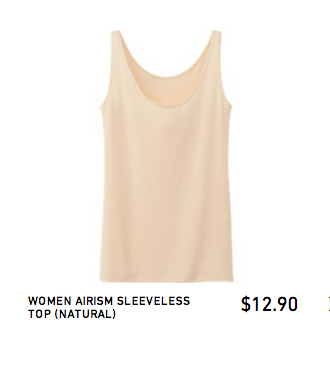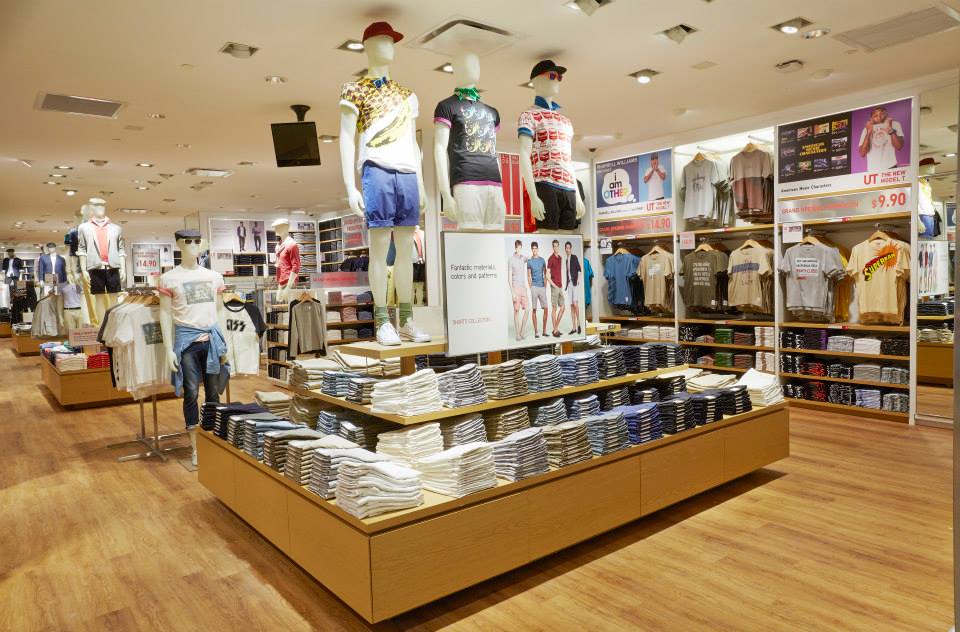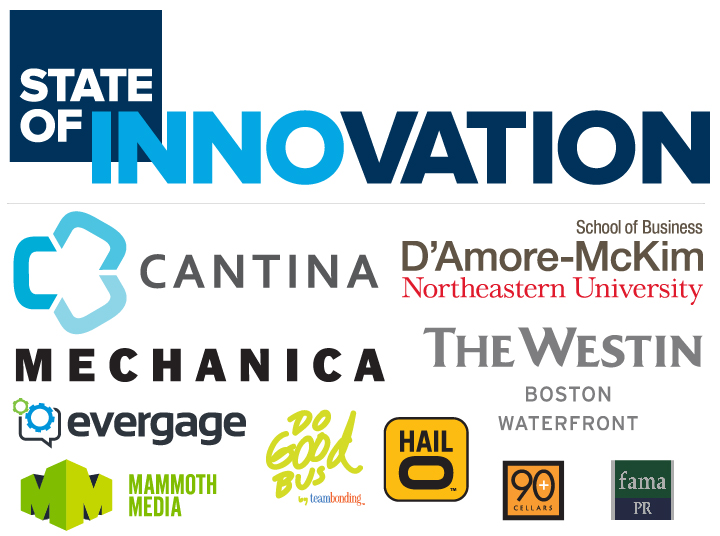Uniqlo, the Japanese retail giant that currently has US markets in San Francisco and New York, announced earlier this year they would be opening not just one, but six Uniqlo storefronts in Boston and surrounding suburbs. This was music to many Bostonians’ ears who have already discovered the quality, comfortable goods on the retailer’s online store. But if you’re unfamiliar with the Uniqlo brand, you might have been asking, “What’s the big deal?”
Prepare yourself, because Uniqlo’s expansion in Boston is a big deal. The company is planning to open 18 stores total by fall of 2014, bringing the brand’s brick and mortar to not only Boston but Philadelphia and Los Angeles, and adding locations to their existing markets in New York and San Francisco. And while they’ll be opening stores in new markets, the addition of six stores in a new city is unusual. Eileen McMaster, Uniqlo’s vice president of public relations, expressed that they’re “coming to Boston in a big way,” adding that it’s an important market for the brand.
Larry Meyer, CEO of Uniqlo USA, affirmed that notion, saying that they’re “doing it a little differently,” as they begin to make ground in the Boston retail market.
“There is a nice city center [in Boston], but there’s also a nice suburban population,” said Meyer. “We thought we should reach it, and make it as easy as possible for our customers to access our products.”
So as Uniqlo is stretching beyond city borders to get its clothing in the right hands, let’s consider what makes the brand so unique.
First things first: It’s affordable. Very affordable. Blouses and tops for women run at about $30, while men can find dress shirts for $35. Pants and jeans run anywhere between $15 and $40, and basics like T-shirts and camisoles often clock in under $10. It’s rare to find an item over $50 at Uniqlo, unless you look to their collections of jackets and overcoats, but even their Ultra Light Down coats cost below $150.
But for the price that you pay to shop Uniqlo, you can still expect quality – something that might come as a surprise to those who frequent quick-and-dirty retailers like Forever 21, and don’t expect a cheap garment to last far beyond a few washes. The Uniqlo brand originated in Japan, and Meyer said that as its US presence grows, that heritage inspires the store to maintain its standards.
“We have a very strong local organization, but our Japanese heritage is what really inspires high quality standards and in-store service,” said Meyer. “That’s something we focus on consistently, and we keep global standards.”

McMaster said that one of the biggest challenges the brand faces is, in fact, demonstrating to new customers that the low price doesn’t imply cheap quality. But Uniqlo often employs cutting-edge technology to enhance its products, as well as brings in designer collaborations to switch up their collection. Meyer also said that the company is “always innovating” to come up with new and functional products, and he believes that the combination of price, quality and technology makes the brand a proper fit for an innovative yet traditional city like Boston.
Take, for example, two product lines that could serve us here in New England. The AIRism line employs moisture technology that wicks away sweat and keeps you cool and dry in the summer. The line offers everything from camisoles, to T-shirts, to leggings, as well as other light layers to wear to the office or the gym. Meanwhile, once the winter rears its ugly head, Meyer encourages Bostonians to turn to their Heat Tech line, an insulation layer that keeps you warm without bulking you up. That, to Meyer, is innovation.
“We offer the same quality as brands with that feature at a much lower price. That, in my mind – the fact that we can provide that functionality at a great value – is innovative.”
In addition to the climate wear technology, Uniqlo has recently partnered with designers and celebrities like professional golfer Adam Scott, Michael Bastian, Pharrell, and Chanel model Ines de la Fressange, whose lines have featured products ranging from T-shirts, to Chinos, to blouses.
And if you’re still on the fence about Uniqlo’s product, Meyer encourages new customers to just come in and try it.
“Boston consumers will be hard-pressed to find something else that they’re going to love as much,” Meyer said. “Once they try it, that’s where the loyalty starts.”
If you’d like to hear more about how Uniqlo plans to bring innovation and affordable clothing to the Boston retail market, join us at BostInno’s State of Innovation on Thursday, June 12, to hear Meyer and more retail industry leaders discuss the future of technology in the realm of retail.
Grab your tickets below to be in the room for the 2014 State of Innovation; the first 15 to use the code BSOIGEAR will receive 50 percent off their ticket price. So act fast!


